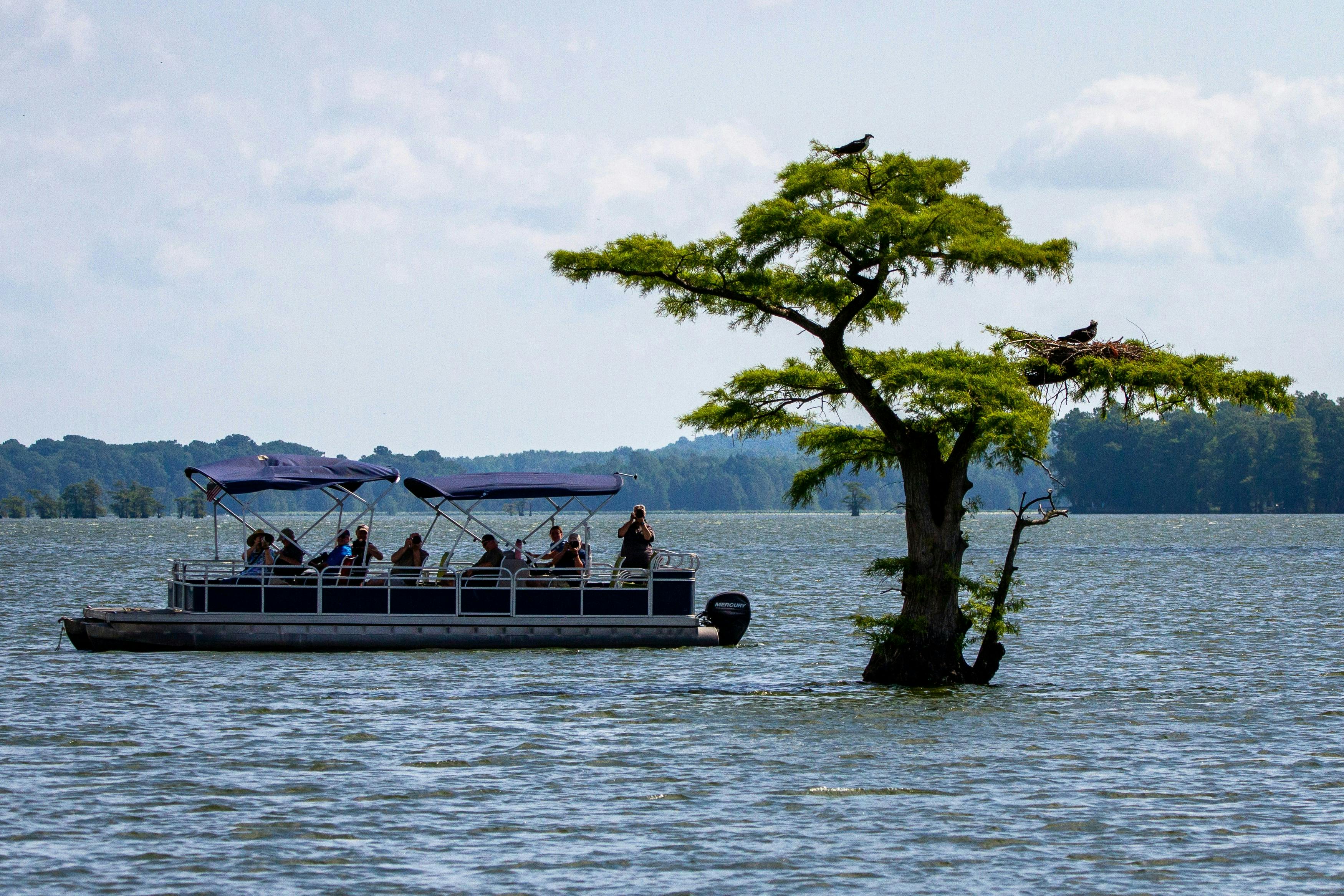
Purchasing a used boat is an exciting venture, whether you are a seasoned mariner or a recreational enthusiast. It offers the chance to own a vessel at a reduced price compared to buying new. However, the process requires careful consideration to ensure you make a wise investment. This guide will help you understand what to look for when shopping for a used boat, ensuring you find a reliable and enjoyable option.
Assess the Boat’s Condition
Evaluating the physical condition of the boat is crucial. Here’s what to check:
Hull Condition
Inspect the hull for any signs of damage such as cracks, blisters, or signs of an old repair. Issues with the hull can be costly to fix and can affect the boat's safety and performance.
Deck and Interior
Check the deck for soft spots, which might indicate rot under the surface. Inside the boat, look for any signs of water damage or mildew which could suggest leaks or poor maintenance.
Engine and Mechanical Parts
The engine is often the most expensive part of the boat to repair. Check for signs of wear, oil condition, and listen to the engine running. It’s a good idea to have a mechanic inspect the engine and other mechanical systems if you are not familiar with boat mechanics. For more detailed insights, refer to our comprehensive guide Exploring Different Types of Boat Motors.
Verify the Boat’s History
Knowing the history of the boat helps in assessing its condition and value.
Service Records
Ask for the boat’s service records to see how well it has been maintained. Regular maintenance is a good indicator of a responsible owner.
Ownership History
Multiple owners or a history of commercial use can be red flags that require deeper investigation into the boat’s condition and usage.
Accident History
Check if the boat has been in any accidents or had significant repairs. This can affect the integrity and value of the boat.
Legal Considerations
Before finalizing the purchase, ensure all legal aspects are clear.
Title and Registration
Ensure the boat’s title is clear and matches the seller's information. Verify that there are no outstanding liens against the boat.
Inspections and Certifications
Depending on where you live, the boat may need to pass certain inspections or have up-to-date certifications. Be aware of the local regulations and compliance requirements.
Consider the Total Cost of Ownership
Owning a boat involves more than the purchase price.
Additional Equipment
Does the boat come with necessary equipment like life jackets, navigation aids, or covers? If not, you’ll need to factor these costs into your budget.
Ongoing Maintenance
Consider the ongoing maintenance costs, including winterization, storage, and regular upkeep.
Insurance
Insurance costs can vary based on the boat's type, size, and age. Get a quote before committing to the purchase to understand the ongoing costs. To learn more, see our guide Calculating the True Cost of Boat Ownership.
Conduct a Sea Trial
Before finalizing your purchase, conduct a sea trial. This is the equivalent of a test drive for boats. It’s your chance to see how the boat handles on the water, check its stability and operation, and ensure everything functions as expected.
Conclusion
Buying a used boat can be a great decision, offering the joys of boating at a more accessible price point. By taking the time to thoroughly inspect the boat, verify its history, understand the legal requirements, and consider the total cost of ownership, you’ll be better prepared to make a confident and informed purchase. With the right preparation and knowledge, your used boat can provide years of enjoyment on the water.
 Jon
Jon